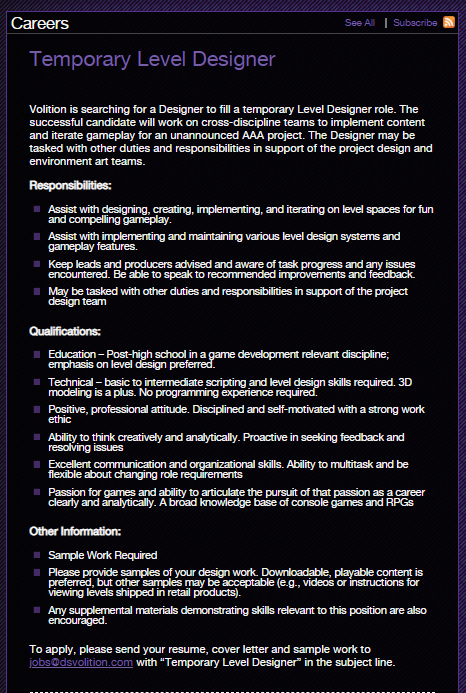
Quad Day is here! And yes, you should go.
What should you do there?
- Find the college version of something you enjoyed in high school, and sign up.
- Find something that will allow you to use your skill with or love of words, and sign up.
- Find something that is entirely outside your experience, and sign up.
- Find something that seems interesting to you for no particular reason, and sign up.
- Take joy in the sheer variety on display: there truly is something for everyone on a huge campus like this.
- Register to vote! Lots of political groups will be out registering voters. It’s not a presidential election year BUT
— If you’ll be 18 in time for the 2018 election on Nov. 7, you can register to vote. Think of it like flossing your teeth, or checking the oil in your car, or writing thank-you emails. Even if you’re not excited about doing it, it’s an important part of civic maintenance, and it’s good to start the habit early.
— If you’ve live in Champaign-Urbana because you go to college here, you are eligible to register to vote here. Some people chose to register in their home district. You can only vote once in any given election, but if you have two different addresses, you can decide which of them you want to vote from. Read more about voter registration in Champaign County here.
— This Congressional district (IL-13) currently has a Republican representative, and it is considered a “race to watch” in the November midterms. Whatever your political leaning, your vote can make a difference in this election.
— Your vote counts whether you participate or not. Both parties work from their assumptions about what college-students-in-general (and 18 – 25 year olds) will do. The only way to make your vote say what you mean is to cast it.

 Thinking about a career writing for video games? It’s a hard field to break into, but it is a thing people do. We have a post about it
Thinking about a career writing for video games? It’s a hard field to break into, but it is a thing people do. We have a post about it 
 We get this question a lot.
We get this question a lot. It’s the time of year when you’re getting bombarded with information about internship opportunities. Here are a few things to know:
It’s the time of year when you’re getting bombarded with information about internship opportunities. Here are a few things to know: